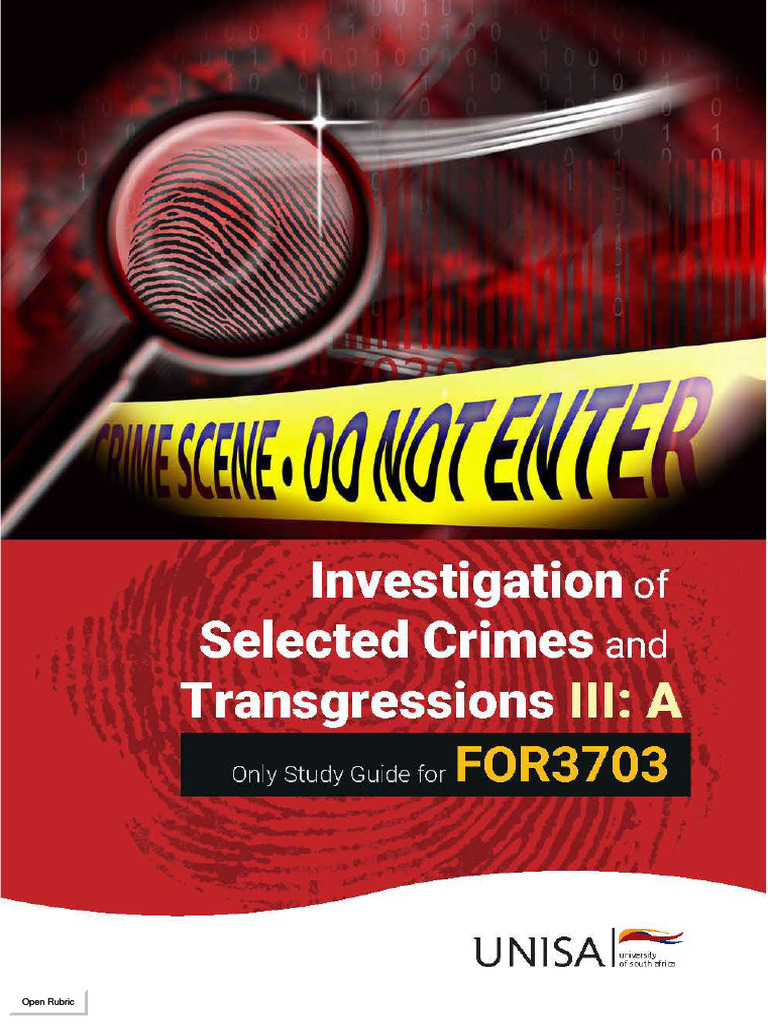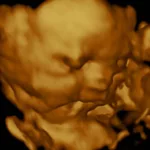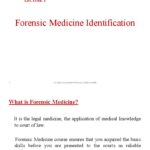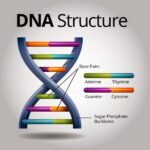For those seeking to delve into the fascinating and complex world of forensic investigation, the availability of comprehensive literature is paramount. The field is multidisciplinary, requiring knowledge spanning law, science, and investigative techniques. Choosing the right books can significantly impact one’s understanding and proficiency. This compilation will explore several pivotal texts that offer diverse perspectives and specialized knowledge within forensic investigation.
General Overviews of Forensic Science
For individuals new to the field, a foundational text is crucial. These books typically cover a broad spectrum of forensic disciplines, including crime scene investigation, forensic biology, toxicology, and ballistics. They provide a holistic understanding of how different scientific principles are applied to legal matters. Expect to find chapters detailing the history of forensic science, the legal framework surrounding evidence admissibility (often referencing the Daubert Standard), and ethical considerations for forensic practitioners. A key characteristic of these texts is their emphasis on the scientific method and its application in forensic contexts. Moreover, they offer real-world case studies that illustrate the practical application of theoretical concepts.
Crime Scene Investigation Manuals
These manuals are highly practical, often serving as guides for crime scene technicians and investigators. They provide step-by-step instructions on securing a crime scene, documenting evidence through photography and sketching, and collecting various types of trace evidence. Expect to find detailed protocols for handling specific types of scenes, such as homicides, burglaries, and arson investigations. Photography is extensively covered, encompassing techniques for capturing overall views, mid-range shots, and close-ups of evidence. Chain of custody documentation is another crucial aspect emphasized in these manuals, ensuring the integrity and admissibility of evidence in court. Furthermore, expect to encounter information on specialized equipment used at crime scenes, ranging from fingerprint brushes to alternate light sources.
Forensic Biology and DNA Analysis
This category delves into the application of biological sciences to legal investigations. Key topics include DNA analysis, bloodstain pattern analysis, and the identification of biological fluids. Books in this area will extensively cover the principles of genetics, molecular biology, and serology. Expect detailed explanations of DNA extraction, amplification using PCR (Polymerase Chain Reaction), and various DNA profiling techniques, such as STR (Short Tandem Repeat) analysis and mitochondrial DNA sequencing. The intricacies of interpreting DNA profiles and calculating statistical probabilities of matches are also thoroughly discussed. Bloodstain pattern analysis is addressed with an emphasis on the physics of fluid dynamics, enabling investigators to reconstruct events based on the size, shape, and distribution of bloodstains. The identification and characterization of other biological fluids, such as saliva, semen, and urine, are also covered, including techniques for detecting their presence and linking them to specific individuals.
Forensic Toxicology
Forensic toxicology focuses on the detection and analysis of drugs and poisons in biological samples, such as blood, urine, and tissues. Books in this area provide an in-depth understanding of pharmacology, toxicology, and analytical chemistry. Expect detailed discussions on the methods used to extract, identify, and quantify various substances, including gas chromatography-mass spectrometry (GC-MS) and liquid chromatography-mass spectrometry (LC-MS). The interpretation of toxicological findings is a crucial aspect, requiring an understanding of drug metabolism, drug interactions, and the effects of substances on the human body. Furthermore, expect to find information on the legal aspects of toxicology, including drug testing regulations and the interpretation of toxicological data in court. Case studies involving drug-related deaths, driving under the influence (DUI), and poisoning are often included to illustrate the practical application of toxicological principles.
Forensic Pathology
This branch of forensic science involves the examination of deceased individuals to determine the cause and manner of death. Books on forensic pathology provide a detailed understanding of human anatomy, physiology, and pathology. Expect comprehensive coverage of autopsy techniques, including external examination, internal examination, and the collection of tissue samples for microscopic analysis (histopathology). The identification of various types of injuries, such as gunshot wounds, stab wounds, and blunt force trauma, is a key focus. Estimating the time of death (postmortem interval) is another crucial aspect, relying on various factors such as body temperature, rigor mortis, and decomposition. Furthermore, expect to find information on specialized areas of forensic pathology, such as forensic odontology (dental identification), forensic anthropology (skeletal analysis), and forensic radiology (the use of imaging techniques in postmortem examinations).
Digital Forensics
In an increasingly digital world, digital forensics has become an essential discipline. This area focuses on the recovery and analysis of digital evidence from computers, smartphones, and other electronic devices. Books on digital forensics cover a wide range of topics, including file system analysis, data recovery, network forensics, and mobile device forensics. Expect detailed explanations of how to acquire digital evidence in a forensically sound manner, preserving its integrity and admissibility in court. The analysis of various types of digital data, such as emails, web browsing history, and social media activity, is also a key focus. Moreover, expect to find information on techniques for bypassing passwords and encryption, as well as methods for identifying and tracking cybercriminals. Case studies involving computer hacking, data breaches, and online fraud are often included to illustrate the practical application of digital forensic principles.
Specialized Forensic Disciplines
Beyond the core areas, several specialized forensic disciplines offer unique insights. Forensic anthropology, for instance, focuses on the analysis of skeletal remains to determine age, sex, ancestry, and cause of death. Forensic entomology uses insects to estimate the time of death and provide other clues about the circumstances surrounding a death. Forensic psychology applies psychological principles to legal matters, such as evaluating the competency of defendants and assessing the credibility of witnesses. These specialized areas often require advanced knowledge and training in their respective fields. Expect books in these areas to delve into the specific methodologies and techniques used in each discipline, providing a deeper understanding of their unique contributions to forensic investigations.










Leave a Comment